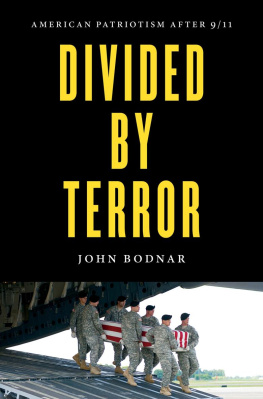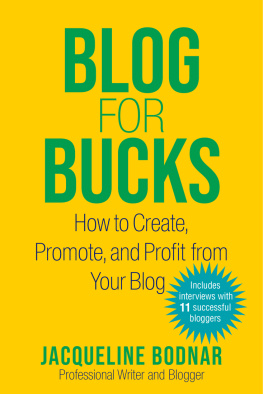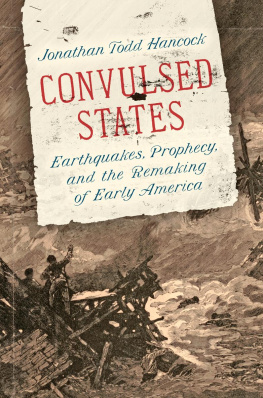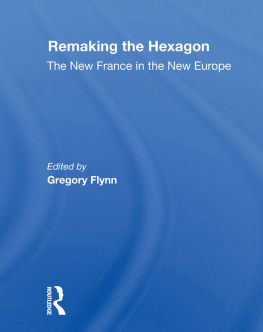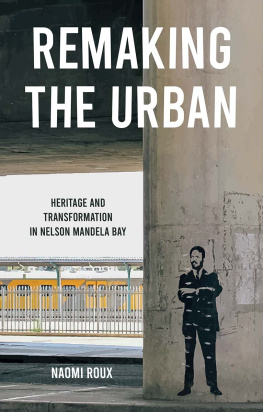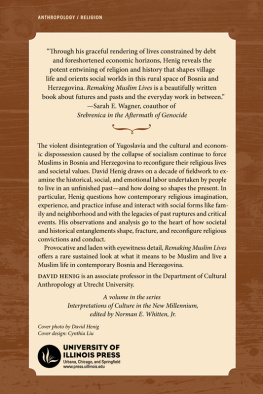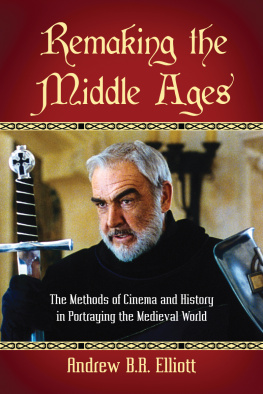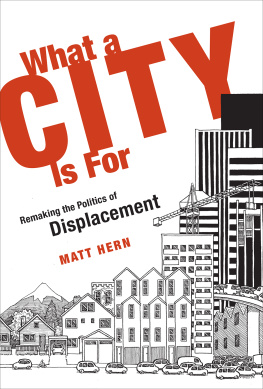REMAKING AMERICA
REMAKING AMERICA
PUBLIC MEMORY, COMMEMORATION,
AND PATRIOTISM
IN THE TWENTIETH CENTURY
John Bodnar
PRINCETON UNIVERSITY PRESS PRINCETON, NEW JERSEY
Copyright 1992 by Princeton University Press
Published by Princeton University Press, 41 William Street,
Princeton, New Jersey 08540
In the United Kingdom: Princeton University Press,
Chichester, West Sussex
All Rights Reserved
Library of Congress Cataloging-in-Publication Data
Bodnar, John E., 1944-
Remaking America : public memory, commemoration, and
patriotism in the twentieth century / John Bodnar.
p. cm.
Includes bibliographical references and index.
ISBN 0-691-04783-9 (alk. paper)
ISBN 0-691-03495-8 (pbk.)
1. United StatesHistory20th century. 2. Public history
United States. 3. PatriotismUnited States.
4. United StatesPopular culture. 5. United StatesAnniversaries.
6. MemorialsUnited States. I. Title
E741.B64 1991
973.9d20 91-17830 CIP
This book has been composed in Linotron Palatino
Princeton University Press books are printed on acid-free paper and meet the guidelines for permanence and durability of the Committee on Production Guidelines for Book Longevity of the Council on Library Resources
https://press.princeton.edu/
eISBN: 978-0-691-21618-8
R0
To John Chellino and the Memory of Martha Chellino and Joseph Bodnar
List of Illustrations
1 . Vietnam Veterans Memorial, Washington, D.C.
9 . Landing of Pioneer Caravan
at Marietta, Ohio, April 1938
10 . Pioneer Caravan on Parade,
Marietta, Ohio, April 1938
Preface
THIS BOOK about the past is a product of the present. It originated from the intersection of professional and political concerns in the 1980s which influenced my thinking a great deal. Professionally I had been engaged in a long period of research and reflection in the field of American social history. I had always assumed that social history the study of small worlds and individual liveshad contributed much that was new to the field of American history. I found the examination of the lives and concerns of ordinary people an exciting prospect and, must confess, found myself in empathy with the struggles and goals many of these people pursued. Therefore, I was somewhat surprised by the growing criticism social history received in this country by the 1980s. Reviewers, for instance, complained that works in the field left out the politics of the past and focused too much on middle-range" questions.
Scholarly reservations about social history were reinforced by political attacks upon a history that failed to stress national and traditional values and truths. It seemed that ideology had made a comeback in the 1980s, but this time it emanated from conservative rather than liberal sources. Patriotism was discussed a great deal by Ronald Reagan and members of his administration; calls for a return to the study of a national and unified past were widespread. It became impossible to ignore this contemporary discussion and not reflect on the ways in which the small worlds of ordinary people were linked to the larger realm of national politics and on the political uses of the past in the present.
Ordinary people usually react to problems by looking for practical solutions; scholars write books. My book began by reflecting upon the political expressions of patriotism in the 1980s and the manner in which this cultural defense of the nation so freqeuntly used historical stories and symbols. Ronald Reagan transformed symbols such as the Panama Canal and the Statue of Liberty into evocations of patriotism. Cultural leaders continually called for a return to a more inspiring and unified story of the past. Lynne V. Cheney, chairman of the National Endowment for the Humanities, criticized American schools for failing to preserve the past in 1987 in American Memory: A Report on the Humanities in the Nations Public Schools. She saw the pasthistoryas a monolithic entity that taught lessons of nation building and patriotism and a kind of civic glue that would help all citizens feel part of a common undertaking. As a social historian my reaction was to think about how such evocations may have affected ordinary people in the past. What type of past was most meaningful to them? What exactly was patriotism? What role did particular social groups play in constructing versions of the past? Perhaps the past that Cheney feared was disappearing had been replaced by something else, or perhaps it was never as neat and tidy as she recalled. Gradually I began to think that patriotism and memory might become subjects that could link the small realms of ordinary people to the larger world of political structures. I thought I could begin to discuss the concerns of ordinary people and political events at the same time. Perhaps the designation middle-range questions used by some critics to describe the study of personal lives unnecessarily diminished the importance of everyday concerns and obscured any attempt to understand the intimate links between everyday life and political issues.
The resulting study of public memory, however, was more than a product of my imagination. A broad range of friends, scholars, archivists, and supporters contributed to the completion of this effort. Valuable financial assistance came from the Spencer Foundation and a grant-in-aid funded by the American Association of State and Local History, the National Endowment for the Humanities, and the Indiana Historical Society. Graduate students including Hannah Griff and Naomi Lichtenberg helped me locate relevant material on several centennial celebrations. Archivists who assisted me are too numerous to mention. But I must thank Jeffrey Flannery of the Library of Congress; John Grabowski of the Western Reserve Historical Society; Charles Hay of the Eastern Kentucky State University Archives; Lloyd Hustvedt of the Norwegian-American Historical Association; David Nathan and Ruth Harris of the National Park Service archives at Harpers Ferry, West Virginia; Barbara Thisesen of the Mennonite Library and Archives; Kermit Westerberg of the Swedish Immigration Research Center; and the staff of the Illinois State Historical Society, the National Archives, and the Ohio History Center. The Indiana University library at Bloomington processed countless interlibrary loan requests for newspapers, and Barry Mackintosh generously gave me access to historic files and a copier at the offices of the National Park Service in Washington, D.C.
A number of scholars gave me specific references and ideas. I would especially like to thank Jon Gjerde, John Jenswold, Dominick Pacyga, Roy Rosenzweig, Todd Stephenson, and Rudolph Vecoli. David Glassberg and Robert Weible generously read the chapter on the National Park Service. Longer portions of the manuscript were read by Thomas Bender and Gary Gerstle, and I benefited from their comments. In addition to lengthy criticisms from anonymous readers for Princeton University Press, I received valuable readings from John Gillis and my colleague, Michael McGerr. Gillis organized an especially informative conference on collective memory at Rutgers University in 1990. Periodic discussions with colleagues like Richard Blackett, Casey Blake, William Cohen, and especially James Riley left me with much to consider. Cohen and Riley taught me a great deal about the process of public memory in France. And few scholars are fortunate enough to have access to the insights and friendship of someone like David Thelen. Finally, I learned from the experience of this book that editors like Gail Ullman at Princeton University Press can be nurturing individuals.



